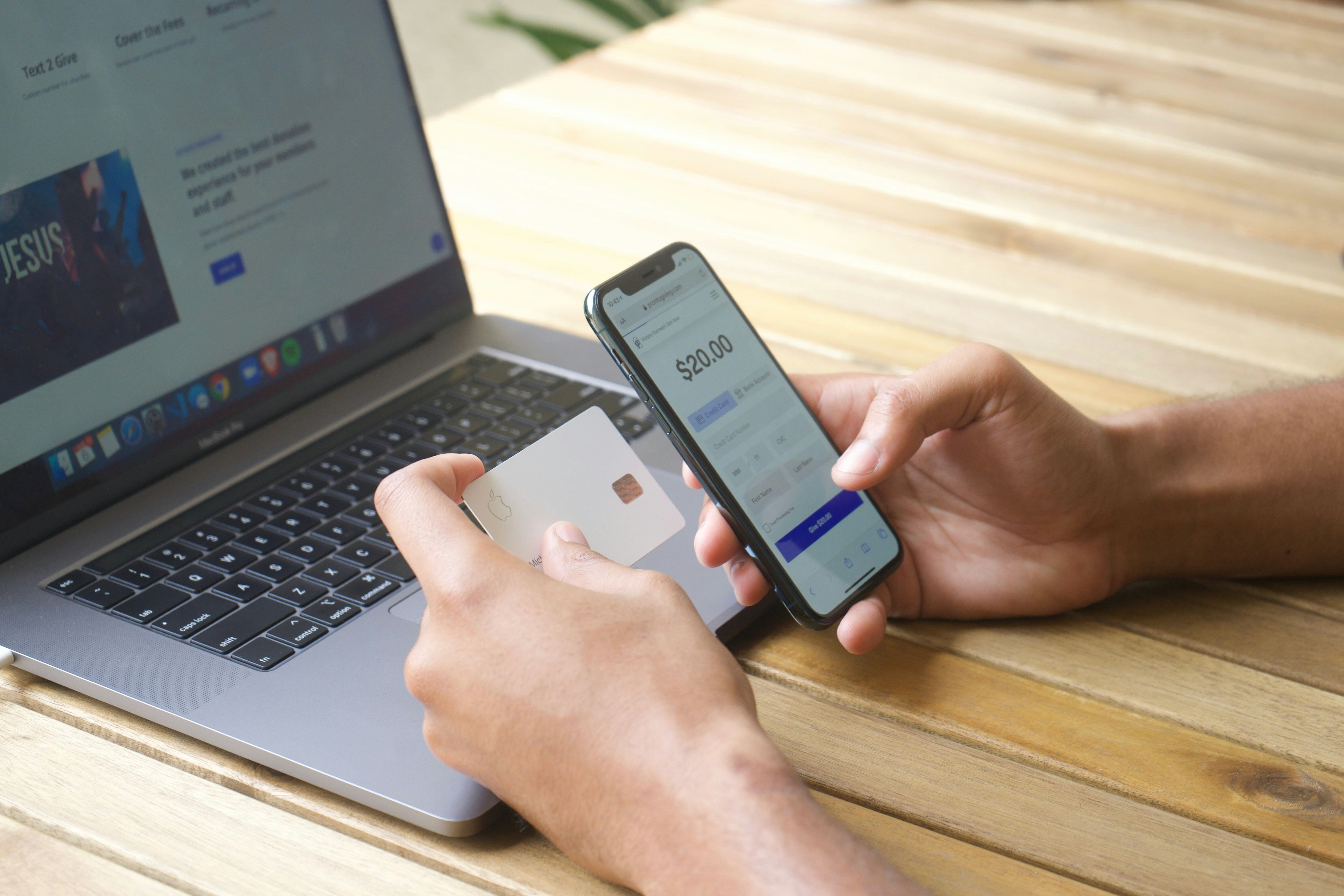In today’s digital world, WordPress Website security is more important than ever. Cyber threats are evolving quickly, and keeping your site protected is essential not just for your data, but also for your users’ trust and your brand’s reputation.
Here’s a detailed guide on how you can secure your website in 2025.
1. Implement SSL/TLS Encryption for Secure WordPress Website
One of the first steps in website security is making sure your site uses HTTPS. You can do this by installing an SSL/TLS certificate. This ensures that all the data transferred between your website and your visitors is encrypted, protecting sensitive information like passwords and payment details.
2. Use Strong Authentication Methods
Strengthen your site’s login security by:
-
Enabling Two-Factor Authentication (2FA): Add an extra layer of security by requiring a second form of identification, like a code sent to a user’s phone.
-
Implementing Password Policies: Require strong passwords that include a combination of letters, numbers, and special characters to make it harder for attackers to break in.
3. Regularly Update Software
Keep your website’s software up to date, including your CMS, plugins, themes, and server software. Cybercriminals often target known vulnerabilities, and regular updates patch these security holes before they can be exploited.
4. Deploy a Web Application Firewall (WAF)
A Web Application Firewall helps protect your site by filtering and monitoring incoming traffic. It blocks harmful attacks like SQL injections, cross-site scripting (XSS), and Distributed Denial of Service (DDoS) attacks, adding an important layer of defense.
5. Conduct Regular Security Audits
Perform regular security audits to identify and fix vulnerabilities. You can use vulnerability scanners to check for issues automatically. Hiring ethical hackers to perform penetration tests is also a great way to uncover hidden threats before real attackers do.
6. Backup Your Website
Set up a regular backup routine for your website’s files and databases. Make sure your backups are stored securely and that you can restore them quickly in case of a cyberattack or data loss incident.
7. Monitor and Log Activity
Use monitoring tools to keep an eye on activity across your website. Track things like failed login attempts, unusual traffic patterns, and suspicious user behavior. Having detailed logs helps you spot potential issues early and respond quickly.
8. Secure Your Server
Server security is just as important as website security. Here’s how you can protect your server:
-
Use Secure FTP (SFTP): Make sure file transfers are encrypted and safe.
-
Restrict Access: Only give server access to trusted individuals and use firewalls to block unauthorized users.
-
Disable Unnecessary Features: Turn off services and ports you don’t need to reduce possible entry points for attackers.
9. Educate Your Team
Security is a team effort. Train your staff on cybersecurity best practices, including how to recognize phishing emails, create strong passwords, and keep their devices secure. Human error is a major cause of security breaches, so awareness is key.
10. Use Content Delivery Networks (CDN)
A good CDN not only speeds up your website but also improves its security. CDNs distribute your website’s traffic across multiple servers and can help protect against DDoS attacks. Many also offer additional security features like bot protection and real-time threat detection.
11. Comply with Data Protection Regulations
Make sure your website complies with data protection laws like GDPR, CCPA, or any local privacy regulations. Protecting your users’ data is not just a legal requirement but also crucial for building trust and avoiding hefty fines.
Conclusion
Website security in 2025 is about being proactive, not reactive. By implementing these steps, you can greatly reduce the chances of cyberattacks and create a safe online experience for your users.
Stay updated with the latest security practices and keep improving your defences to protect your digital presence in an ever-changing landscape.
If you need help securing your website or want professional advice on digital services, feel free to reach out.
Email: nasariqbaljanjua@gmail.com
WhatsApp: +923049822006
Fiverr: Click here to view my Fiverr profile
Let’s work together to make your website stronger, safer, and more reliable.






